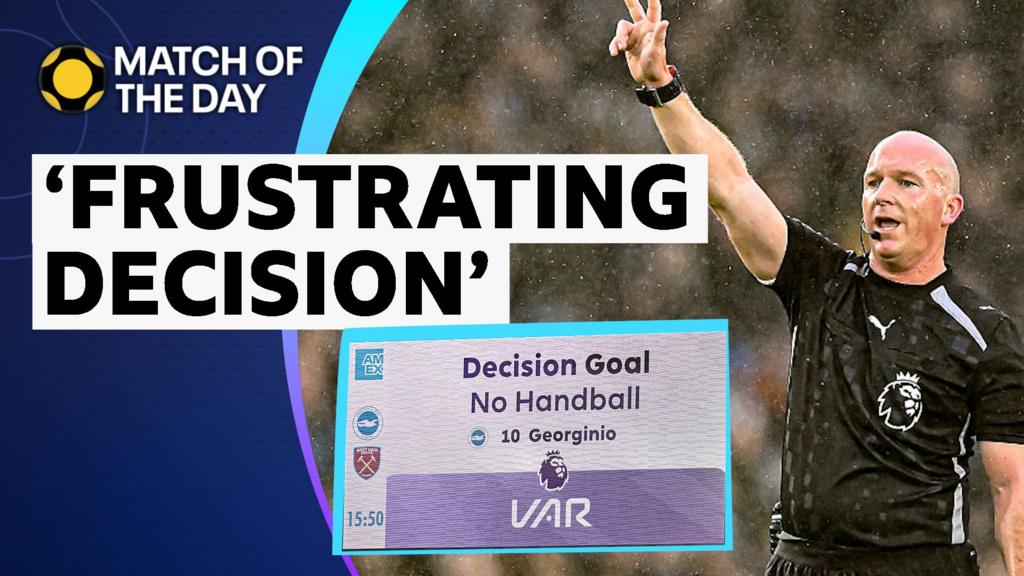Here’s where things stand on Monday, December 8:
Fighting
- Russian attacks on Ukraine’s Kharkiv region killed at least four people, including a 70-year-old woman, on Sunday, according to Ukrainian police and the Kharkiv Regional Prosecutor’s Office. At least 10 others were also injured.
- Russian forces also hit the Pechenihy reservoir dam in Kharkiv during the attack, with the Ukrainian military saying it was ready for the facility to be “critically damaged”. The reservoir supplies water to the city of Kharkiv, which is Ukraine’s second-largest metropolis.
- Russian attacks also killed two others in Ukraine on Sunday, one in the city of Sloviansk in the Donetsk region and another in the Chernihiv region, according to regional governors.
- Ukrainian President Volodymyr Zelenskyy said Russian forces launched more than 650 drones and 51 missiles overnight into Sunday, causing injuries and destroying infrastructure across Ukraine, with energy being the “main target”.
- In the central city of Kremenchuk, the attacks caused widespread power and water outages, according to Mayor Vitaliy Maletsky. He described the assault as a “massive combined strike” and said city workers were working to restore services.
- The Russian Ministry of Defence said its forces have seized the Ukrainian villages of Kucherivka in the Kharkiv region and Rivne near Pokrovsk in the Donetsk region.
- The ministry also said that its forces shot down 172 Ukrainian drones and four Neptune long-range guided missiles in a 24-hour period.
Politics and diplomacy
- Zelenskyy said on Sunday that his conversation with United States representatives Steve Witkoff and Jared Kushner on a peace plan for Ukraine had been “constructive, although not easy”. “The American representatives know the basic Ukrainian positions,” Zelenskyy added.
- Keith Kellogg, US President Donald Trump’s outgoing envoy for Ukraine, told the Reagan National Defense Forum in California that a deal to end the war in Ukraine was “really, really close”, and that negotiations were continuing over Russia’s demand for Ukraine’s Donbas region and the future of Ukraine’s Zaporizhzhia nuclear power plant. “The last 10 metres” is always the hardest, said Kellogg, who is due to step down in January.
- Russian President Vladimir Putin’s top foreign policy aide, Yury Ushakov, said that “territorial problems” were discussed at talks in Moscow between US and Russian officials last week, and that Washington would have to “make serious, I would say, radical changes to their papers” on Ukraine.
- Zelenskyy is due to meet the United Kingdom’s Prime Minister Keir Starmer, French President Emmanuel Macron and German Chancellor Friedrich Merz for talks in London on Monday.
- Kremlin spokesman Dmitry Peskov told state television reporter Pavel Zarubin on Sunday that Trump’s new national security strategy largely aligned with Russia’s positions. “The adjustments that we see correspond in many ways to our vision,” Peskov said of the new US strategy.
- He also said it was encouraging that the new strategy pledged to end “the perception, and preventing the reality, of the NATO military alliance as a perpetually expanding alliance”.
- Italian Prime Minister Giorgia Meloni spoke with Zelenskyy on the phone and denounced what she called a new wave of “indiscriminate” Russian attacks on Ukraine. She also pledged to provide Italian generators to Ukraine in the coming weeks.






